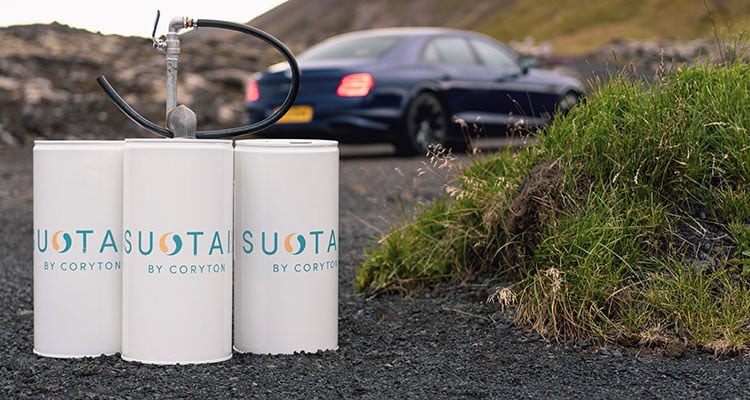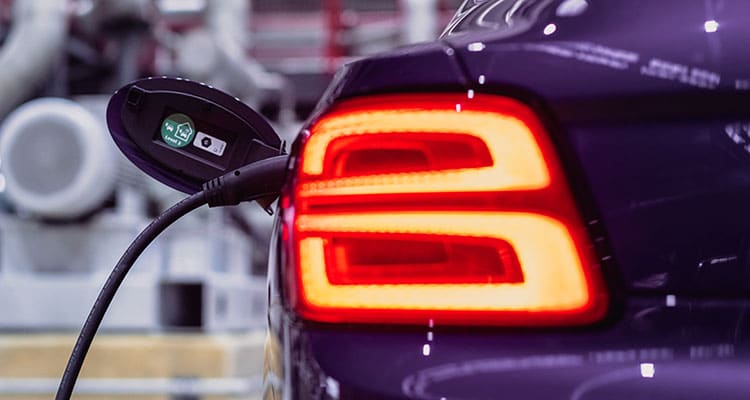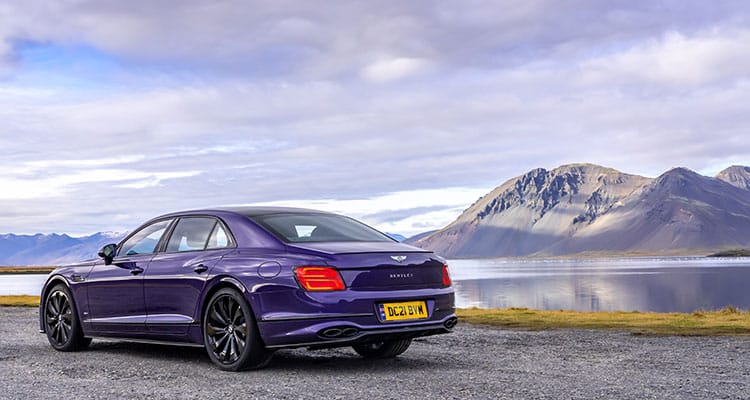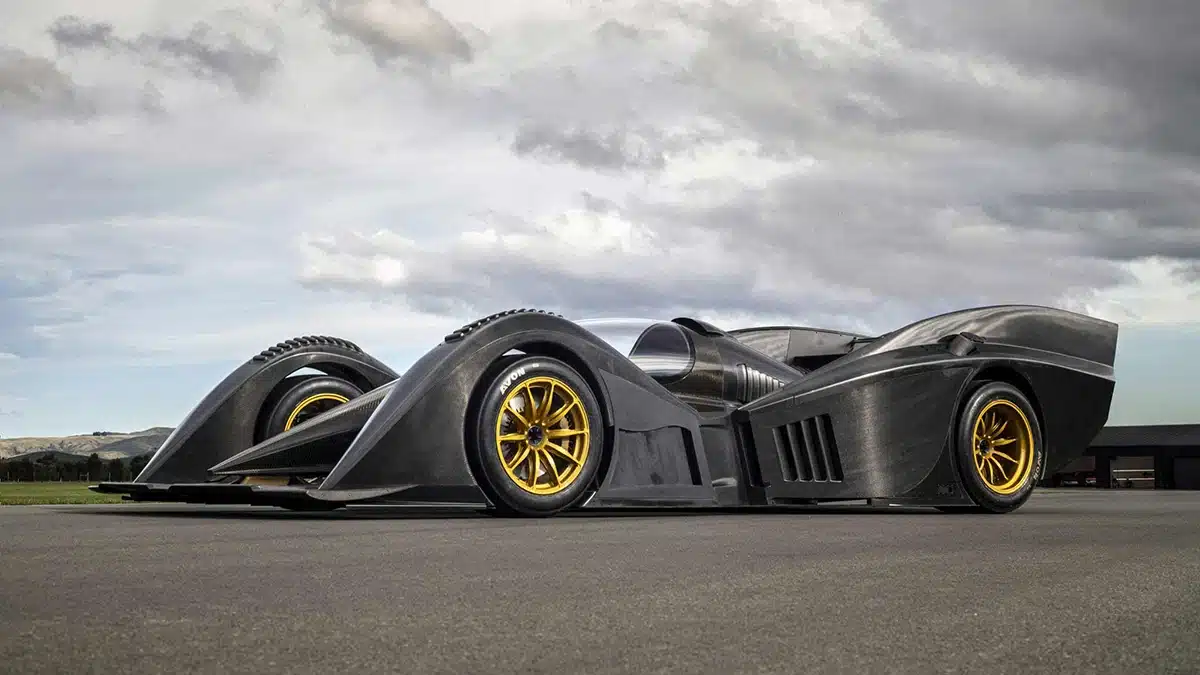Still powerful, luxurious and with a V6, Bentley’s hybrid is a win for synthetic fuels!
Fossil fuels are dead, Bentley proves.
Now is a great time to be proud of one of the most prominent and well-known British car brands! Bentley, headquartered in the lovely town of Crewe, has been setting a great example to other manufacturers on how to operate more sustainably for a while now. Despite still not offering any fully electric models, the British marque has been making up for their late entry to the EV market with carbon offsetting (buying carbon bonds), energy management optimisation and using renewable energy where possible such as by installing the UK’s largest roof mounted solar array in 2013.

Overall, despite their first EV model not arriving until 2025, Bentley is still a very ‘green’ company with their range of hybrids growing and their list of sustainable actions frequently expanding.
Their latest eco-friendly endeavour involved a truly incredible feat. Even though the free market has decided that electric cars are the answer to being kinder to the environment, Bentley has offered a working example for the alternative solution. Biofuels.
Low Emission High Performance Motoring

With a combustion engine remaining as the main source of power, one of Bentley’s Flying Spur Hybrids was able to complete an incredible 455 miles on one tank of fuel, with the difference being that the fuel was not a finite resource and the amount of emissions spewed into the atmosphere were greatly reduced.
Still using a hearty 2.9-litre twin-turbo V6, the Flying Spur Hybrid is also fitted with a 100 kW electric motor which shares the burden of propelling the heavy and luxurious car. Because of this, the engine can work less hard, burn less fuel and pollute less CO2. And that’s with or without biofuel.

With biofuel, the car has the added benefit of using a fuel that is totally renewable. Unlike petrol or diesel, biofuel is not extracted from the ground in the same way and burns much cleaner, releasing less carbon dioxide once combusted. In this particular case, the Flying Spur Hybrid used second-generation biofuel derived from waste straw, which already sounds much healthier than fuels derived from fossils!
Track Day Performance

To prove that a biofuel Bentley is not only a working concept but a more capable machine compared to a standard petrol model, the company sent the car on a roadtrip across Iceland. On a full tank of biofuel, the car was able to drive a whopping 455 miles before running out of juice. A very impressive feat for any ultra-luxurious 4-door saloon that not only weighs around 2.5 tonnes but is also still powerful enough to sprint from 0-60 mph in just 4.1 seconds on a race track, motorsport track day insurance cover was in place, just in case.

So, you may be thinking that this car just sounds too perfect, so what’s the catch? The catch is it doesn’t exist as a production unit and most probably won’t! It’s a proof of concept that shows the world what biofuels can do but due to the extensive adoption of EVs that has already taken place, it’s unlikely we’ll now see a future where synthetic-fuelled cars are the norm.
Let us know your thoughts on the matter, in the comments!
If you enjoyed this, you may also like: ‘Over 25% of Volvo Car Sales Already Electric’
For more articles like this, receive our weekly e-newsletter, including partner deals and all things motoring, register your email below.
Please note: You cannot subscribe to Smart-Motoring unless you put a tick in the checkbox below to indicate have read and agreed to our privacy policy.




Leave a Reply
You must be logged in to post a comment.